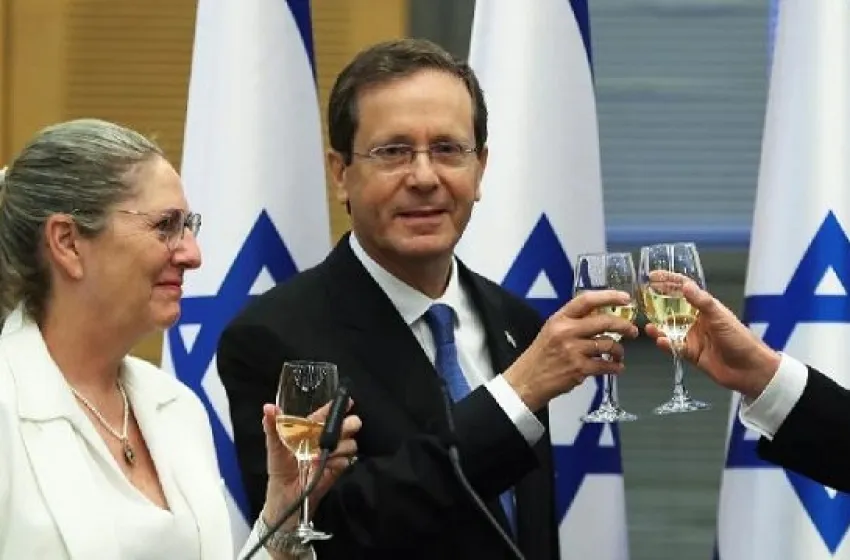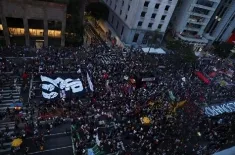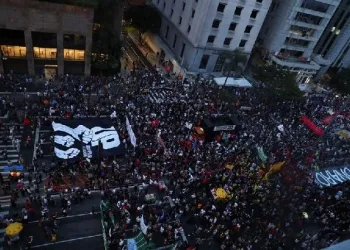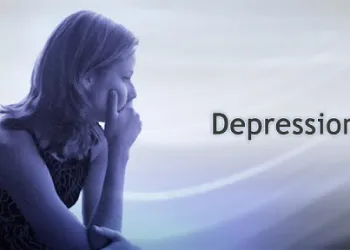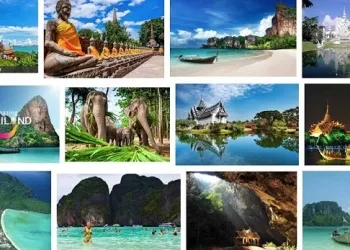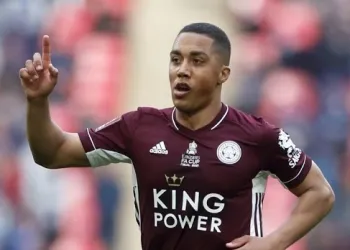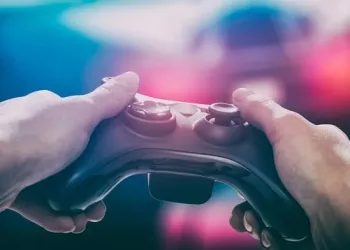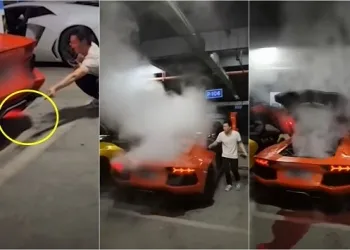Isaac Herzog Elected President of Israel
The Israeli parliament on Wednesday elected Isaac Herzog as the new president. Herzog will replace President Reuven Rivlin who ends his term next month.
The Israeli parliament on Wednesday elected Isaac Herzog as the new president. Herzog will replace President Reuven Rivlin who ends his term next month.
"We must defend Israel's international position and reputation in the family of nations, fight anti-Semitism and hatred of Israel, and preserve our pillars of democracy," Herzog said in his speech as quoted by Reuters on Wednesday, June 2, 2021.
Herzog is a senior left-center politician in Israel. In this presidential election, she defeated Miriam Peretz, a female academic, by 87 votes to 26.
Herzog was first elected to parliament in 2003. The 60 -year -old later led the Labor Party and held several portfolios in coalition government. His most recent public position was as head of the Jewish Agency for Israel, which encourages immigration.
Previously he was a lawyer, the son of the late Israeli president Chaim Herzog, who also served as Israel’s ambassador to the UN.
He is known by his childhood nickname "Bougie", a combination of the Hebrew word for doll "buba" and the word for a toy used by French children, "joujou".
He lost the 2015 Israeli prime ministerial election by Benjamin Netanyahu in the 2015 national referendum. His election as president is currently judged because Netanyahu will most likely not be re -elected as prime minister.
In his remarks, Herzog alluded to the recent conflict between Israel and Hamas in the Gaza Strip. The reason is that the fighting triggered a rare horizontal conflict between the Jewish majority and the Arab minority in Israeli cities.
"It's very important, very important, to treat the open wounds that have opened up in our society recently," Herzog said in parliament.
The presidency in Israel is more than just ceremonial and as a symbol of promoting unity between ethnic and religious groups. The holder of executive power remains in the hands of the prime minister.
